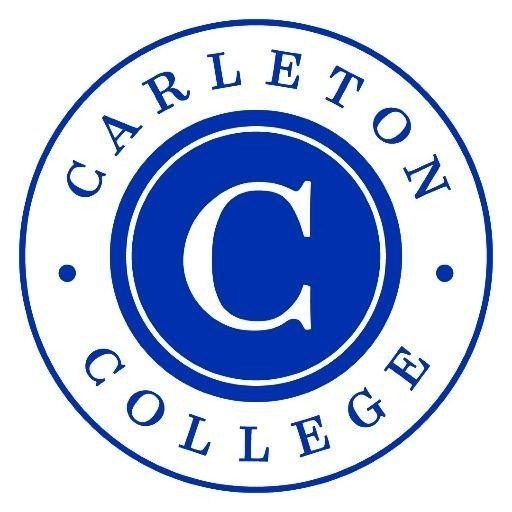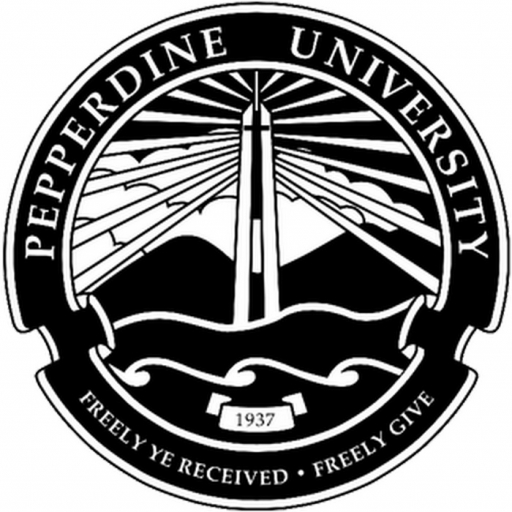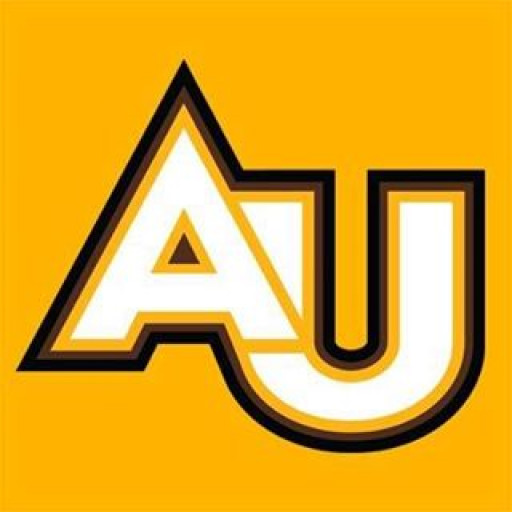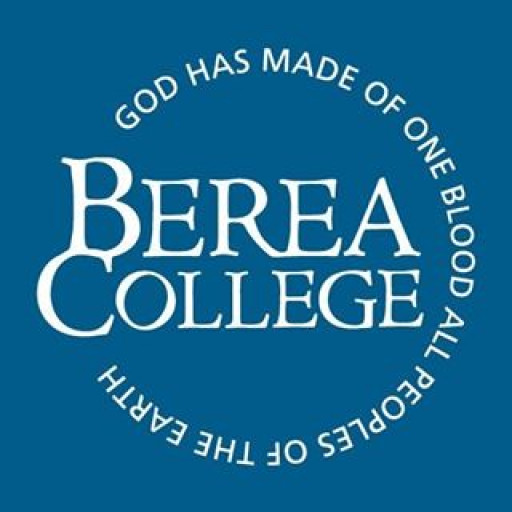Photos of university / #carletoncollege
The Philosophy program at Carleton College offers students an in-depth exploration of fundamental questions concerning existence, knowledge, ethics, logic, and the nature of reality. This interdisciplinary major encourages critical thinking, analytical reasoning, and clear communication, equipping students with skills applicable across a wide range of careers and fields of study. Through a carefully designed curriculum, students engage with both historical and contemporary philosophical texts, participating in discussions that challenge assumptions and foster thoughtful inquiry. The program includes courses in logic, ethics, metaphysics, epistemology, the history of philosophy, and specialized seminars that allow students to explore areas such as philosophy of mind, science, language, and political philosophy. Students are encouraged to develop their own philosophical perspectives while grounding their ideas in rigorous analysis and evidence. The program emphasizes close reading and debate, helping students refine their arguments and articulate complex ideas effectively. Opportunities for research, independent study, and participation in philosophical associations provide practical experience and professional development. Carleton’s philosophy faculty are committed mentors passionate about guiding students through their intellectual journeys. Graduates of the program are well-prepared for graduate studies in philosophy or related disciplines, law, public policy, education, or careers in journalism, technology, and business where critical reasoning skills are highly valued. The Philosophy program at Carleton College fosters a vibrant intellectual community that values diversity of thought and encourages students to question and understand the world around them.
The Philosophy program at Carleton College offers students a comprehensive exploration of fundamental questions about existence, knowledge, ethics, logic, and the nature of reality. Through a rigorous curriculum that combines historical and contemporary philosophical topics, students develop critical thinking, analytical skills, and the ability to engage thoughtfully with complex ideas. The program emphasizes close reading of primary texts, disciplined reasoning, and clear argumentation, preparing graduates for a wide range of careers in law, education, public policy, and beyond. Students have the opportunity to study major figures from ancient philosophers like Plato and Aristotle to modern thinkers such as Kant, Nietzsche, and contemporary analytic and continental philosophers. The curriculum includes courses in epistemology, metaphysics, ethics, political philosophy, philosophy of mind, and logic, among others.
Throughout their coursework, students engage in lively discussions, written assignments, and research projects designed to deepen understanding and foster independent thinking. The program also encourages interdisciplinary approaches, allowing students to examine philosophical questions in relation to science, art, religion, and social issues. Carleton’s philosophy faculty are distinguished scholars dedicated to mentoring students and supporting their intellectual growth. Many courses include opportunities for seminars, independent study, and honors projects, providing a personalized educational experience.
In addition to classroom instruction, students are encouraged to participate in philosophy lectures, workshops, and conferences that enhance their learning and professional development. The program prepares students for graduate studies in philosophy and related fields, or for careers that require critical reasoning, ethical deliberation, and effective communication. By engaging with timeless questions and developing rigorous analytical skills, students emerge from the Philosophy program at Carleton College equipped to think deeply, act ethically, and contribute meaningfully to society.
Program Requirements:
To complete the Bachelor of Arts degree in Philosophy at Carleton College, students must fulfill a set of core and elective requirements designed to provide a comprehensive understanding of philosophical thought and methods. First, students are required to complete the introductory course in philosophy, which provides an overview of key philosophical questions and historical periods. Following the introductory course, students must take at least two courses in the history of philosophy, with options covering ancient, medieval, modern, and contemporary philosophy. These courses aim to give students a solid grounding in the development of philosophical ideas over time.
In addition to historical courses, students are required to engage with courses in core areas such as logic, ethics, metaphysics, epistemology, and philosophy of mind. Logic courses focus on the formal principles of reasoning and argumentation, often including symbolic logic. Ethics courses explore moral theories, questions about moral obligation, and social justice issues. Metaphysics and epistemology courses delve into the nature of reality, existence, knowledge, and certainty, encouraging students to critically analyze fundamental concepts.
Elective courses allow students to explore specialized topics in philosophy, including philosophy of science, philosophy of language, political philosophy, aesthetics, and feminist philosophy. To foster critical thinking and written communication skills, students are required to complete a senior thesis or substantial research project in philosophy, which involves original analysis and scholarly writing under faculty supervision.
Furthermore, students are encouraged to participate in philosophy seminars, workshops, and discussions to develop their analytical skills and philosophical methodology. The department recommends that students take at least one course focusing on non-Western philosophical traditions to broaden their global perspective.
The program emphasizes active engagement with philosophical texts through close reading and discussion, critical analysis, and writing. Students are advised to consult with academic advisors early in their undergraduate career to plan their coursework effectively and ensure they meet all requirements for graduation. Internships, study abroad programs, and participation in philosophical conferences are also encouraged to enhance practical understanding and professional development. Overall, the philosophy major at Carleton College promotes intellectual rigor, ethical awareness, and creative thinking, preparing students for a wide range of careers or advanced study in philosophy and related disciplines.
The Philosophy program at Carleton College primarily offers a liberal arts education with a focus on critical thinking, logical analysis, and ethical reasoning. As a private liberal arts college, Carleton College's undergraduate programs are primarily funded through tuition fees paid by students and their families, endowments, and institutional grants. The college maintains a need-blind admission policy and commits to meet 100% of demonstrated financial need for admitted students, ensuring access to a high-quality education regardless of economic background. Financial aid packages typically include a combination of grants, scholarships, work-study opportunities, and sometimes loans, although Carleton emphasizes minimizing student debt.
Students admitted to the Philosophy program can access a variety of financial resources to support their studies. Scholarships and merit-based awards are available to top applicants, recognizing academic excellence and potential contributions to the campus community. Need-based financial aid is awarded based on an analysis of a family’s financial circumstances, with the goal of making a Carleton education affordable for all admitted students. The college participates in federal and state financial aid programs, which can supplement institutional aid and provide additional funding sources.
For international students, the college offers competitive merit-based scholarships, although specific need-based aid policies may differ. The financial planning process involves reviewing the college's net price calculator and applying for aid through the standard financial aid application procedures, including the CSS Profile and the Free Application for Federal Student Aid (FAFSA). Students can also explore external scholarship opportunities and private loans, if necessary, to finance their studies.
The college’s endowment plays a vital role in supporting financial aid initiatives, allowing Carleton to sustain its commitment to affordability and broad access. Fundraising campaigns and donor contributions enhance the availability of scholarships and grants for Philosophy majors and other students. The college’s financial policies emphasize transparency and personalized support to help students navigate the costs associated with their education.
In summary, Carleton College's financing studies for the Philosophy program rely on a comprehensive financial aid system designed to assist admitted students in covering tuition, fees, and living expenses. The combination of institutional scholarships, need-based aid, federal and state support, and external funding options creates a robust financial ecosystem aimed at promoting access and minimizing student debt.
The Philosophy Program at Carleton College offers students an opportunity to explore fundamental questions about existence, knowledge, ethics, logic, and the nature of reality through rigorous coursework and engaging seminar discussions. The program emphasizes critical thinking, clear argumentation, and careful analysis of philosophical texts from historical and contemporary perspectives. Students pursuing a major in Philosophy have access to a broad curriculum that includes courses in metaphysics, epistemology, ethics, political philosophy, philosophy of mind, and philosophy of science, among others. Faculty members are dedicated scholars and mentors who encourage intellectual curiosity and independent inquiry. The program typically involves coursework, critical writing assignments, and a senior thesis project that demonstrates students' capacity for original thought. Carleton’s Philosophy Department promotes active engagement with philosophical ideas through classroom discussions, research opportunities, and participation in philosophical associations and conferences. Many students complement their philosophy studies with courses in related disciplines such as political science, history, or cognitive science to deepen their understanding of complex issues. The program aims to develop students' analytical skills, moral reasoning, and ability to communicate complex ideas effectively. Graduates of the Philosophy Program at Carleton College often pursue careers in law, public policy, education, business, and continued academic research. The college’s close-knit community and small class sizes facilitate personalized mentorship, allowing students to collaborate closely with faculty and peers. Overall, the program prepares students to think critically, analyze ethical dilemmas, and contribute thoughtfully to societal debates.




